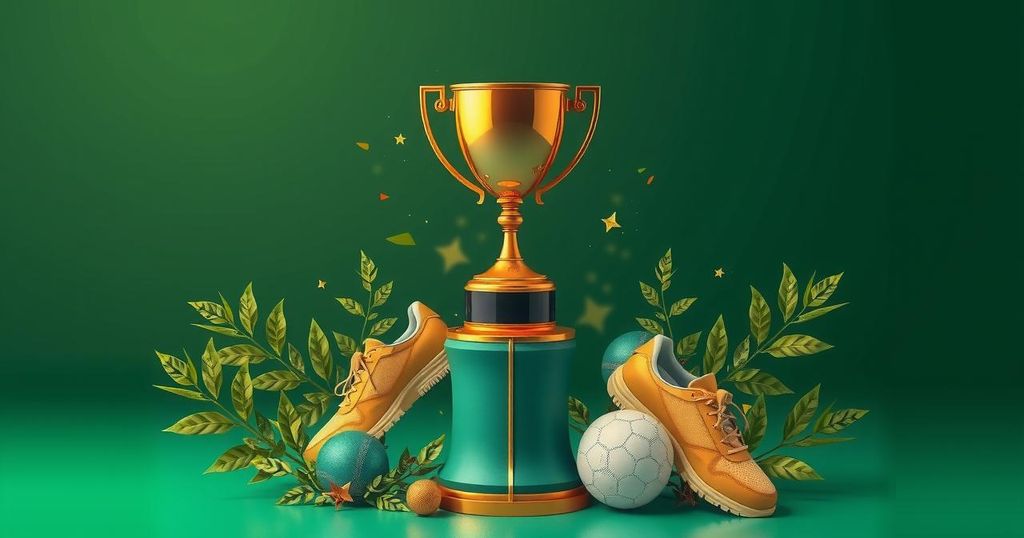On the eve of the IOC presidential election, candidate Juan Antonio Samaranch has downplayed his favorite status amidst a competitive race involving Sebastian Coe and Kirsty Coventry. Coventry aims to become the first female and African president, while the election dynamics suggest a potentially complex voting process. The winner will succeed Thomas Bach, focusing on the upcoming Olympic Games’ success and relevance.
On the eve of the Olympic election, IOC presidential candidate Juan Antonio Samaranch has downplayed his status as a potential favorite. While in Costa Navarino, Greece, he expressed uncertainty regarding the election outcome, stating, “I really don’t know.” The contest is among the most competitive in modern IOC history, with the race narrowing into three leading candidates: Samaranch, Sebastian Coe, and Kirsty Coventry, who could become the first female and African president of the IOC.
Coventry, the sports minister of Zimbabwe, affirmed her support for a female president, saying, “Let’s create some change, let’s make sure that happens.” The current IOC membership comprises 109 individuals, including prominent figures such as the Emir of Qatar and representatives from various royal families. An interesting theory suggests that Coventry may secure a strong initial voter base but may not achieve a majority, potentially allowing Samaranch to gain additional support in subsequent rounds of voting.
The election will determine Bach’s successor, as he concludes his maximum twelve-year term. Voter intentions among IOC members remain largely speculative, according to Prince Feisal, who feels confident about his own chances, stating, “I have got an extremely good chance.” Coventry refrained from addressing Bach’s potential backing but urged voters to reflect on their desired vision for the IOC and select the appropriate candidate.
Samaranch emphasized the significance of the voting process, indicating that voters should disregard external pressures and political influences. He remarked, “Each one has to make sure that they use that important right they have to vote however they feel.” Coe briefly commented on his fitness for the election, while a tightly controlled campaign prohibits formal presentations from the candidates before the voting begins.
The next president will be the IOC’s tenth, following Samaranch’s father, who previously held the position for 21 years. Samaranch acknowledged the importance of his family’s legacy in the context of his candidacy while focusing on future challenges. He highlighted that the main priority for the next president will be ensuring the success and relevance of the forthcoming Olympic Games, specifically those scheduled in 2026 and 2028.
In conclusion, Juan Antonio Samaranch has positioned himself as a significant contender in the IOC presidential race while maintaining humility about his favorites status. The race is characterized by fierce competition among a diverse field of candidates, with a focus on addressing contemporary issues and ensuring the vitality of future Olympic events. As the IOC prepares to select its next president, the implications of this election will resonate within the organization, particularly regarding leadership dynamics and Olympic strategy moving forward.
Original Source: abcnews.go.com




